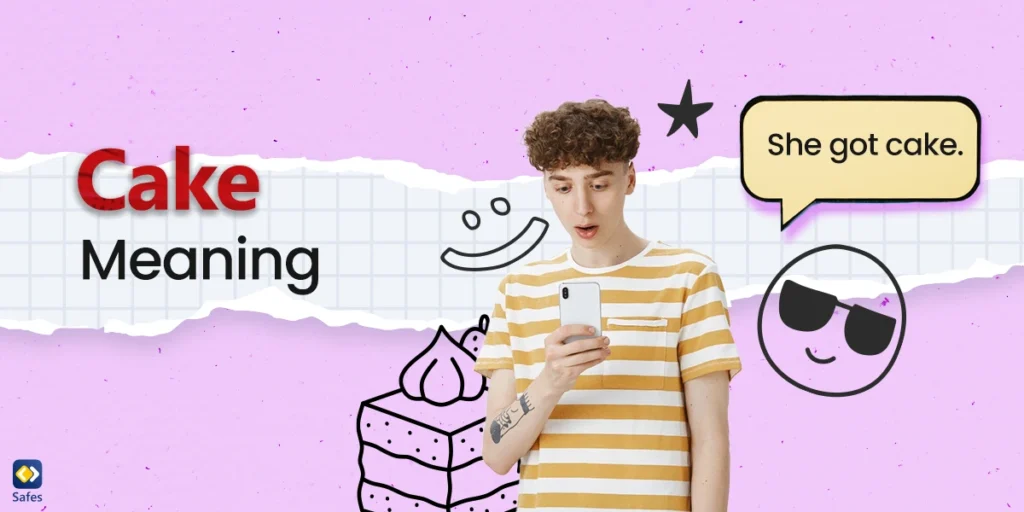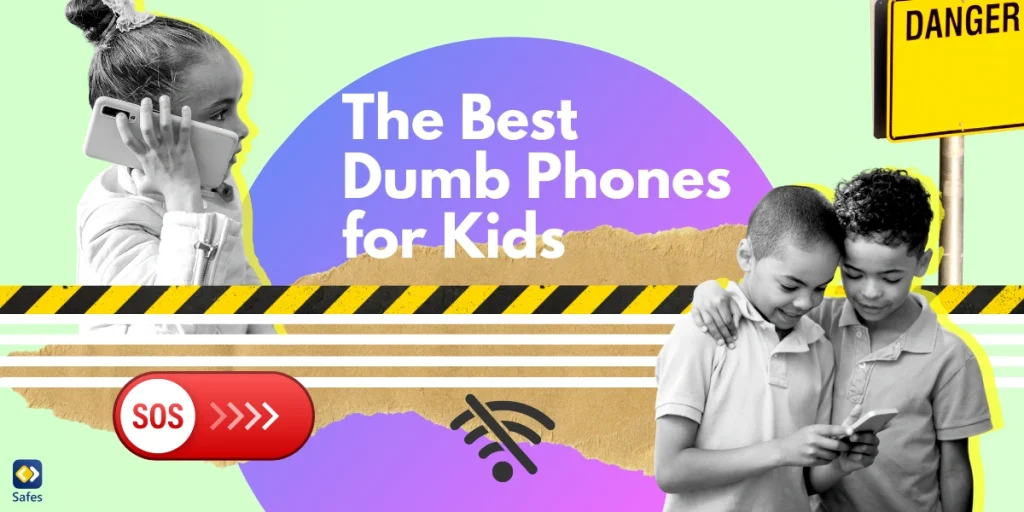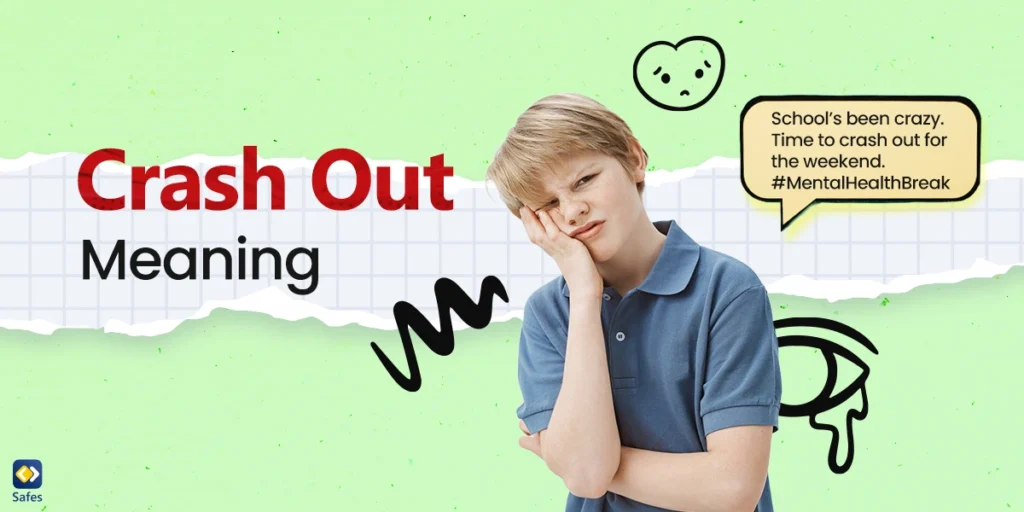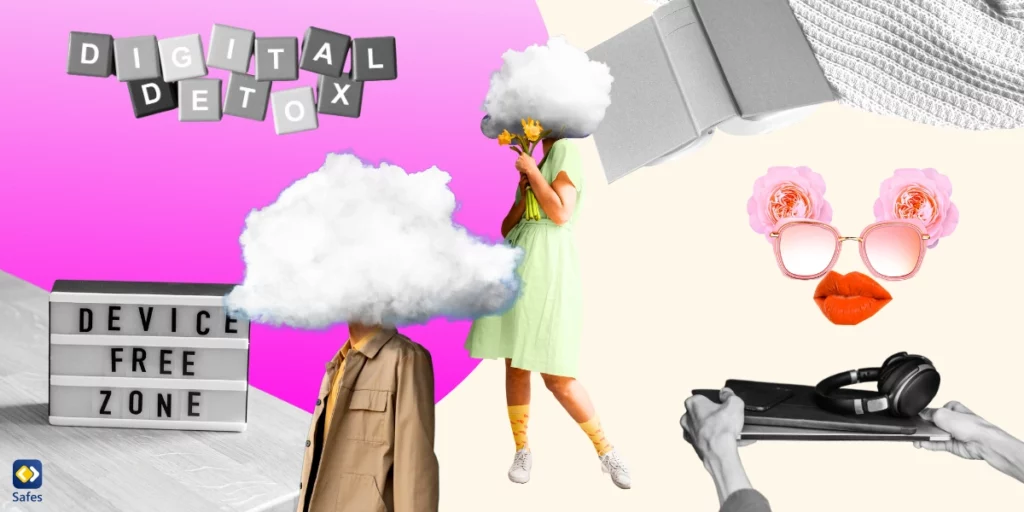Language is constantly evolving, especially online. New slang terms pop up all the time, and as a parent, keeping up with them can feel overwhelming. One term that has been floating around for a while is “cake.” But what does cake mean slang in digital conversations? Is it harmless, or does it have a hidden meaning that parents should be aware of? In this blog, we’ll break down the cake slang meaning, how it’s used on different platforms, and whether it poses any risks for kids and teens. We’ll also provide practical online safety tips to help you navigate the ever-changing digital landscape.
Download and Start Your Free Trial of the Safes Parental Control App
What Does Cake Mean in Slang?
“Cake” is a slang term that has multiple meanings depending on the context. Because of these varying meanings, it’s important to consider the context to define cake.
- A Compliment for a Big or Shapely Butt: One of the most widely recognized meanings of “cake” in slang refers to someone having a big or well-shaped backside. You might see it used in captions, comments, or even memes: “She got cake.”
- Money or Wealth: “Cake” can also refer to money. This is often seen in phrases like “I’m out here making cake” or “That job pays serious cake.”
- Something Easy to Do: In some cases, “cake” can simply mean something easy, similar to the phrase “a piece of cake.”
- Drugs: Although less common, in certain online circles, “cake” has been used to refer to illegal substances.
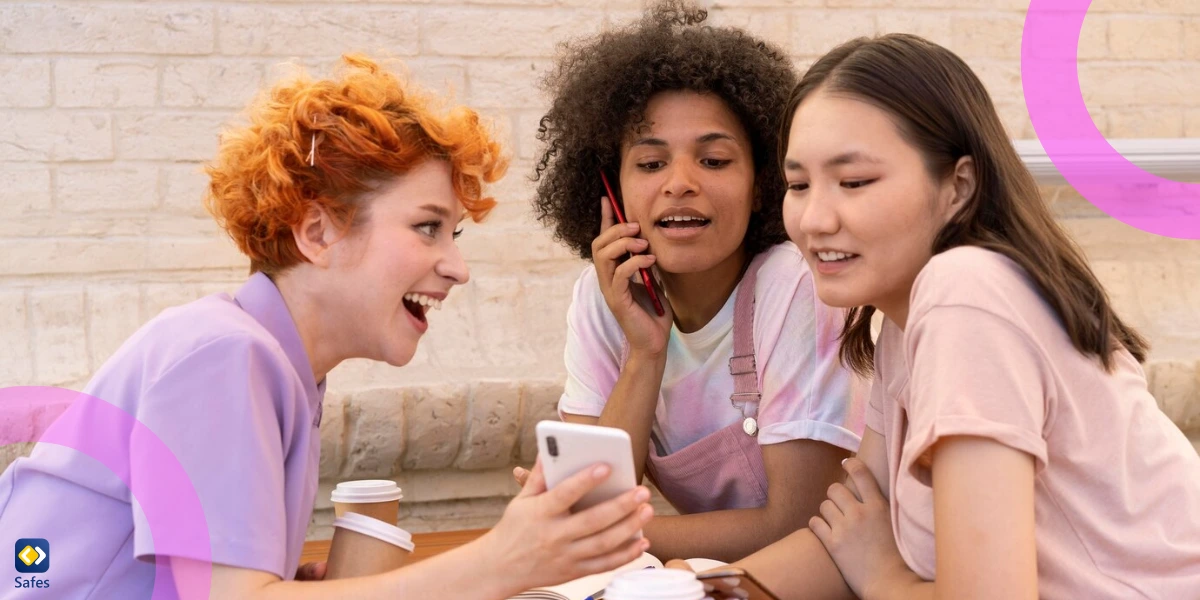
How Is Cakes Used in Real Digital Interactions?
Since slang evolves based on how people use it, let’s look at some real-world examples of “cake slang” in digital conversations:
- On Instagram: “Her birthday fit is fire! And that cake? Damn!” (Referring to someone’s body.)
- On TikTok: “Who else out here trying to stack cake this summer?” (Talking about making money.)
- In a text message: “Don’t worry about that test, it’s cake.” (Saying the test is easy.)
- In a meme or comment section: “He’s got so much cake, I bet he never worries about rent.” (Referring to wealth.)
Understanding how your child might use or see “cake” in their digital world can help you determine if it’s harmless slang or something that requires a conversation.
Platform-Specific Usage
Since slang evolves based on how people use it, let’s look at some real-world examples of “cake” in digital conversations:
- On Instagram: “Her birthday fit is fire! And that cake? Damn!” (Referring to someone’s body.)
- On TikTok: “Who else out here trying to stack cake this summer?” (Talking about making money.)
- In a text message: “Don’t worry about that test, it’s cake.” (Saying the test is easy.)
- In a meme or comment section: “He’s got so much cake, I bet he never worries about rent.” (Referring to wealth.)
Risk Level Indicator
🟡 Yellow – Context matters; can be misused.
Is the cake slang definition dangerous? Not necessarily; it all depends on the context. If used in the sense of money, success, or an easy task, it’s not risky. These meanings are generally harmless and commonly used in a positive or neutral way.
However, if it refers to someone’s body, especially in a way that could encourage body image issues or inappropriate conversations, or being used as a slang term for drugs, or in any exploitative or harmful context, it’s considered risky. Children and teens may use cake meaning slang without realizing how it objectifies others or affects self-esteem. Some online communities or individuals may use “cake” as a code word for illegal substance abuse, making it important for parents to be aware of their children’s online conversations.
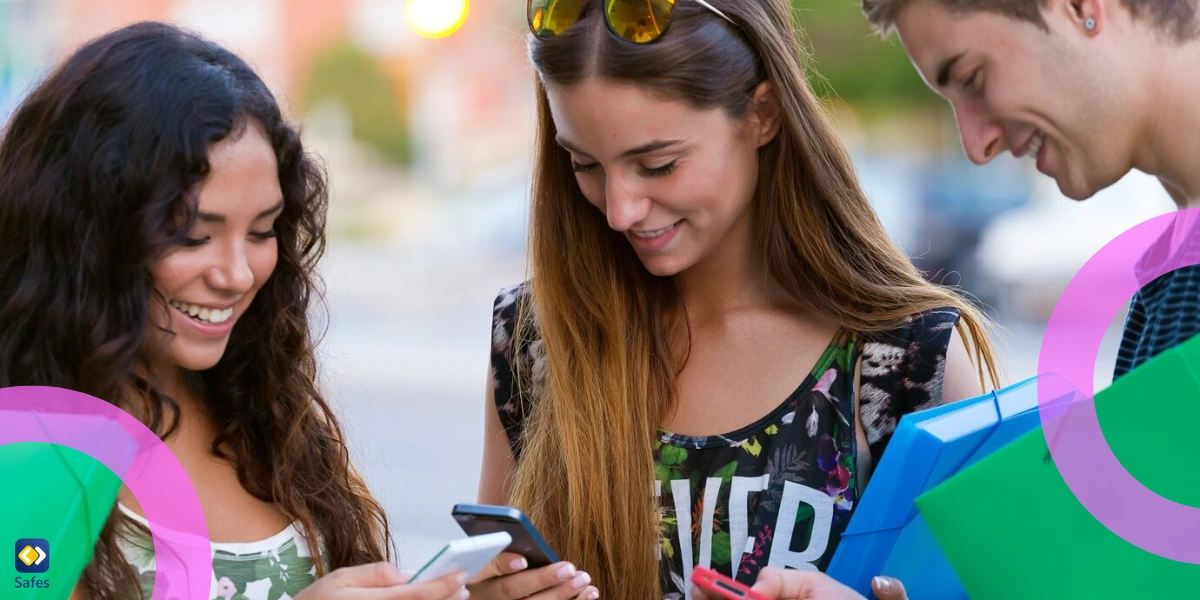
Trend Tracker: Is It Still Relevant?
🔥 Trending (widely used now)
Slang terms don’t last forever, and some fade away faster than others. “Cake” has been around for a while and remains relevant in 2025, especially in social media culture. However, newer slang might take its place over time.
The best way to keep up? Pay attention to the language your kids and their peers use, and don’t hesitate to look up new terms when you come across them.
Online Safety Considerations: What Parents Should Know
Keeping your child safe online doesn’t mean restricting them from using slang; it’s about making sure they understand what they’re saying and where certain words might lead them. Here’s what you can do:
- Encourage your child to talk about their online experiences and the language they encounter. Let them know they can ask questions about words they don’t understand.
- Slang isn’t always bad, but it can be used in harmful ways. If you notice your child using or responding to slang terms, ask them about it in a non-judgmental way.
- You don’t have to spy, but being aware of the content they consume and engage with can be helpful. Tools like parental control apps can help filter out harmful content without being overly intrusive.
- Talk about how words and phrases can have different meanings and how using certain slang can impact their online reputation.
- Some slang terms act as secret codes for inappropriate content, making it essential to stay informed.
- Teach your child how to analyze digital content and recognize when something might be misleading, exaggerated, or harmful.
Final Word
The slang meaning of cake, as well as other slang words, is a part of how kids and teens express themselves online. While some uses are harmless, others may require more awareness. You should stay informed, maintain open communication, and use parental control tools to help your child navigate digital spaces safely.
One tool that can support you in this journey is Safes, our parental control app. Safes is a better alternative to Windows parental controls that allows you to monitor online activity, set screen time limits, and filter content to help keep your child safe in the digital world. Download Safes on Android and iOS today and guide your child toward safer and more innovative online interactions.
Your Child’s Online Safety Starts Here
Every parent today needs a solution to manage screen time and keep their child safe online.
Without the right tools, digital risks and excessive screen time can impact children's well-being. Safes helps parents set healthy boundaries, monitor activity, and protect kids from online dangers—all with an easy-to-use app.
Take control of your child’s digital world. Learn more about Safes or download the app to start your free trial today!
